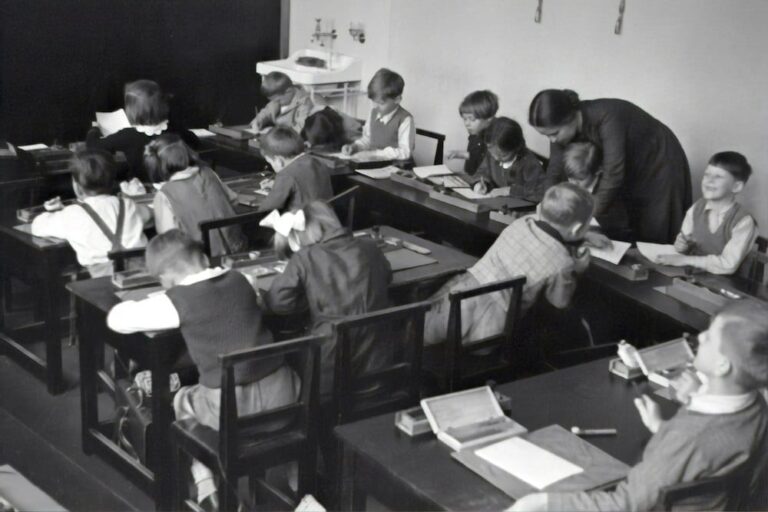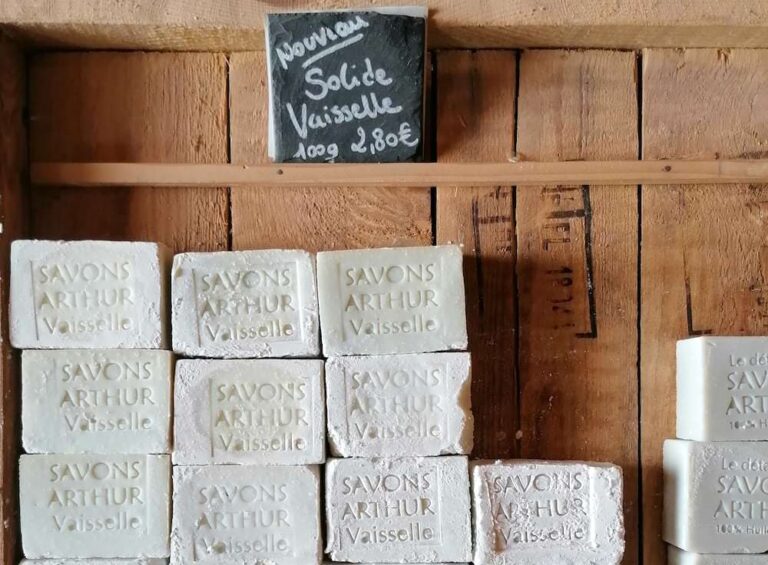noun gender full list
In French, every noun (naming word) has a grammatical gender: it is either masculine or feminine. This gender does not necessarily relate to biological gender. One of the most reliable ways to predict the gender of a noun is by looking at its ending. While there are exceptions, many nouns follow predictable patterns based on spelling. Below is a comprehensive list of master rules and subrules that indicate whether a French noun is masculine or feminine, along with examples.
If you’re looking for a shorter, simpler explanation of French noun gender, you might prefer the Grammar: French noun gender 01 article instead.
1. Nouns that are usually masculine

1.1 Nouns ending in a consonant
This is a general rule. Nouns ending in consonants other than -ion or -sion are often masculine.
Le sport – The sport
Le sac – The bag
Le pain – The bread
Le garçon – The boy
1.2 Nouns ending in -me
These often refer to concrete objects, sciences, or concepts.
Le système – The system
Le problème – The problem
Le thème – The theme
Le programme – The program
Le drame – The drama
Le diplôme – The diploma, degree
L’homme – The man
- Exceptions: l’amertume (bitterness), la crème (cream), la plume (feather, pen), la maxime (maxim), la prime (bonus), la lame (blade)
1.3 Nouns ending in -age
Le garage – The garage
Le fromage – The cheese
Le village – The village
- Exceptions: la plage (beach), la cage (cage), la page (page), la nage (swimming, but usually la natation), l’image (image), la rage (rabies)
1.4 Nouns ending in -ment
Le gouvernement – The government
Le monument – The monument
Le document – The document
- Exceptions: la jument (mare)
1.5 Nouns ending in -é (but not -té or -tié)
Le café – The coffee
Le marché – The market
Le passé – The past
- Exceptions: la clé (key)
1.6 Nouns ending in -isme
Le tourisme – The tourism
Le communisme – The communism
Le fascisme – The fascism
Le féminisme – The feminism
Le réalisme – The realism
1.7 Nouns ending in -oir
Le miroir – The mirror
Le couloir – The hallway
Le devoir – The duty
1.8 Nouns ending in -in
Le matin – The morning
Le jardin – The garden
Le chemin – The path
- Exceptions: la fin (end), la main (hand)
1.9 Nouns ending in -eau
Le tableau – The board
Le cadeau – The gift
Le château – The castle
- Exceptions: l’eau (water), la peau (skin)
1.10 Nouns ending in -ou
Le bijou – The jewel
Le genou – The knee
Le hibou – The owl
1.10 Nouns ending in -u
Le menu – The menu
- Exceptions: la tribu (tribe), la bru (daughter-in-law), la glu (sticky substance), la vertu (virtue).
2. Nouns that are usually feminine

2.1 Nouns ending in a silent -e
As a general rule, nouns that end in a silent -e (that is, an -e not followed by a pronounced consonant) are usually feminine. This includes many nouns ending in the suffixes below.
La pomme – The apple
La robe – The dress
La table – The table
La fille – The girl, the daughter
La femme – The woman, the wife
- Exceptions: many masculine nouns end in -e as well, especially borrowed words (e.g. le musée [museum], le lycée [senior high school]) or short nouns (e.g. le problème [problem], le groupe [group])
2.2 Nouns ending in -tion and -sion
La nation – The nation
La solution – The solution
La décision – The decision
- Exceptions: le bastion (bastion)
2.3 Nouns ending in -té and -tié
La liberté – The freedom
La société – The society
La pitié – The pity
- Exceptions: le comité (committee), le côté (side), le pâté (paté), le traité (treaty)
2.4 Nouns ending in -ure
La voiture – The car
La fermeture – The closing
La peinture – The painting
- Exceptions: le murmure (murmur), le sulfure (sulphide), le dinosaure (dinosaur)
2.5 Nouns ending in -ade, -ude, -ode
La promenade – The walk
La certitude – The certainty
La méthode – The method
- Exceptions: le stade (stadium), le grade (rank), le jade (jade)
2.6 Nouns ending in -ance and -ence
La connaissance – The knowledge
La patience – The patience
La différence – The difference
- Exceptions: le silence (silence)
2.7 Nouns ending in -ette
La baguette – The baguette
La cigarette – The cigarette
La chaussette – The sock
- Exceptions: Le squelette (skeleton)
2.8 Nouns ending in -ie
La vie – The life
La partie – The part
La géographie – The geography
- Exceptions: Le génie (genius), le foie (liver), le parapluie (umbrella), un incendie (fire), le zombie (zombie), le hippie (hippie).
2.9 Nouns ending in -ine and -ise
La cuisine – The kitchen
La routine – The routine
La surprise – The surprise
La bêtise – The stupidity
- Exceptions: Le magazine (magazine), le pipeline (pipeline), le moine (monk).
2.10 Nouns ending in -aille
La bataille – The battle
La trouvaille – The find
La muraille – The wall
3. Additional rules and notes

3.1 Compound nouns of verb-noun format
The verb in these compounds is in the imperative (command form), which is neutral and defaults to masculine. The noun part’s gender doesn’t influence the compound (e.g., monnaie is feminine, and cheveux is plural-masculine, but neither changes the rule).
Le porte-monnaie – The wallet (porter = to carry)
Le lave-linge – The washing machine (laver = to wash)
Le sèche-cheveux – The hair dryer (sécher = to wash)
Le coupe-vent – The windbreaker (couper = to cut)
3.2 Compound nouns of noun-noun format
Gender is usually determined by the first noun or the main noun.
La station-service – The service station (la station = feminine noun)
Le chou-fleur – The cauliflower (le chou = masculine noun)
La porte-fenêtre – The French door (la porte = feminine noun)
Le coffre-fort – The safe (le coffre = masculine noun)
- Exceptions:
- le tête-à-tête – The private conversation (Masculine, even though la tête is feminine)
- la timbre-poste – The postage stamp (Feminine, even though le timbre is masculine, because the first word was originally l’image-timbre, and une image is feminine).
- le week-end – The weekend (Masculine because imported from English, which mostly lacks genders).
3.3 Nouns borrowed from English or other languages
These are usually masculine.
Le week-end – The weekend
Le hamburger – The hamburger
Le selfie – The selfie
3.4 Nouns that refer to people
Nouns that refer to male persons are usually masculine, and those referring to female persons are usually feminine. Many of these have both masculine and feminine forms.
Le professeur – The teacher (can be male or female, but grammatically masculine)
Un étudiant / une étudiante – A (male/female) student
Un acteur / une actrice – An actor / an actress
3.5 Abstract concepts
These usually follow regular suffix-based rules.
La beauté – The beauty
Le bonheur – The happiness






